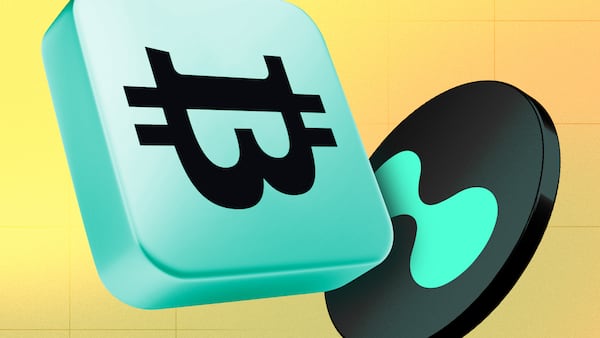- Self chain founder Ravindra Kumar was accused of over-the-counter trading fraud.
- He denied the allegations.
- Multiple crypto founders warned of potential fraud ahead of time.
The founder of Self chain, a Binance-listed project, has denied involvement in a crypto scam ring that fleeced investors for an estimated $50 million with phoney token deals.
In a post on X, Ravindra Kumar denied accusations on social media that he had sold vested allocations of various crypto tokens to investors that never existed.
“I’ve been accused of serious wrongdoing, which is completely false,” Kumar said Friday. “My legal team and I are working on a statement to address this matter.”
Fraudulent deals
On Thursday, Mohammed Waseem, the CEO of Aza Ventures, an Indian over-the-counter deals broker, revealed that his firm unwittingly helped mediate dozens of fraudulent deals over the course of several months.
“We have been scammed,” Waseem said on Telegram. “There is no easy way to say it, but it is what it is.”
He said a figure he referred to as “Source 1” sold vested crypto tokens for multi-billion dollar projects such as Sui, Near, Axelar, and Sei at steep discounts and under favourable conditions.
Although early deals were legitimate, Waseem said, later ones “shifted entirely to Ponzi schemes.”
When the time came for Source 1 to transfer tokens to buyers, they kept delaying, leading to several buyers to raise the alarm.
Waseem said he chose to keep Source 1’s identity private because he believed it gave himself and investors the best chance of recouping their investments.
But suspicions mounted online that Kumar was Source 1. With his denial, Kumar appeared to confirm this.
‘Stop falling for scammers selling you OTC deals. There is NO deal.’
— Adeniyi Abiodun
The scam has hit the crypto industry’s wealthiest cohort of investors who often look to invest over-the-counter in the vested tokens of early-stage projects because of the potential for outsized returns.
Over-the-counter, or OTC, refers to trading of assets done directly between two parties, and without the supervision of an exchange.
It’s usually the only way to sell illiquid assets such as large tranches of vested crypto tokens.
Multiple warnings
Before Waseem informed investors about the fraud, several crypto project founders warned about phoney deals involving their tokens.
“Stop falling for [Telegram] scammers selling you OTC deals. There is NO deal.” Adeniyi Abiodun, co-founder of Mysten Labs, the firm behind the Sui blockchain, said in an X post in May.
Later that month, Lucian Mincu, Co-founder of MultiversX, another project impacted by the phoney OTC deals, posted a similar warning.
Smokey The Bera, the pseudonymous founder of the Berachain blockchain, said he had previously told Waseem that OTC deals involving Berachain’s BERA token weren’t legitimate.
“He insisted that his sources were good, and wouldn’t cooperate with any investigation,” Smokey said.
Refund plans
Waseem has assured victims that he plans to issue refunds to everyone who got ripped off.
How he will do so isn’t clear.
The Aza Ventures CEO said he has already exhausted all of his personal funds trying to maintain distributions under the assumption that Source 1 would eventually pay him.
He also told investors that Source 1 said they will begin to return funds by the end of June.
Waseem also said that he had been in contact with the authorities in India, who confirmed that Source 1 was running a Ponzi scheme and committed to assisting him in the refund process.
“I did not do this knowingly,” he said. “I have been taken for a ride myself.”
Tim Craig is DL News’ Edinburgh-based DeFi correspondent. Reach out to him with tips at tim@dlnews.com.









